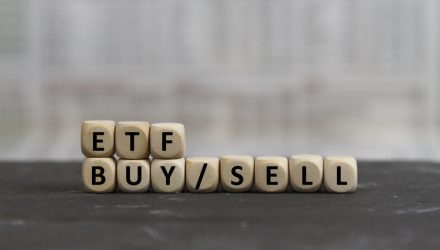The fund industry has engaged in a fee war that sent costs closer and closer to zero, especially with index-based ETFs leading the charge, but some contend that costs are still not low enough.
A class-action lawsuit filed this month against H-E-B LP alleges that the firm has been overpaying for index funds in its employees’ retirement plan, Jason Zweig writes for the Wall Street Journal. The market-matching funds come with fees ranging from 0.11% and 0.14%, but the lawsuit argued that costs should really be as low as 0.015%.
The claims against H-E-B is one among several recent cases that contend cheap funds aren’t actually good enough for retirement investors, potentially foreshadowing further cost cutting endeavors are on their way.
In 2018, the Investment Company Institute calculated that 401(k) investors paid an average of 0.41% in annual expenses on stock funds and 0.34% on bond funds. In comparison, the H-E-B’s index-fund expenses between 0.11% to 0.14% seem like a bargain, but costs have continued to decline in recent years to the point that those low-sounding fees are up to seven times higher than fees on similar funds, the suit alleges.
Fund fees have already come a long way
Back in 1992, the average stock mutual fund charged about 1.2% in annual expenses. Today, dozens of index funds charge 0.05% or less, with popular plain vanilla ETFs showing dirt cheap expense ratios of 0.03%. In the latest phase of a more than decade-long price war between ETF providers, Salt Financial has even launched an ETF with negative fees – the money manager would pay investors to invest their money with them.
Index funds are able to offer the cheap fees because of the way they are constructed. Most underlying indices use computers to automate buy or sell orders on underlying components, and this simple methodology comes with little overhead costs.
Therefore, “if you have some index funds that are charging, say, 0.01% to 0.03% and others charging 0.1% or more, then there’s a pretty good argument that it’s not reasonable to pay the higher fees,” Fred Reish, a partner at Drinker Biddle & Reath LLP who specializes in retirement plans, told the WSJ.
For more information on the ETF industry, visit our ETF performance reports category.
